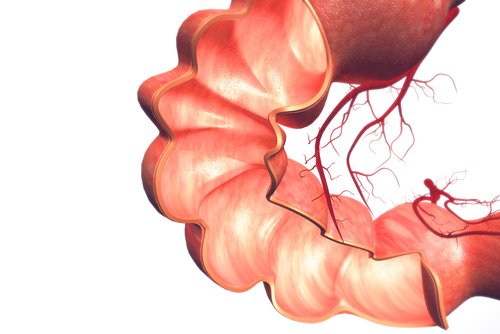A new European project aims to develop an innovative endoscope device that can detect and diagnose colorectal cancer in its early stages.
Called PICCOLO, the project is funded under the European Union’s Horizon 2020 program. It’s tackling one of the world’s predominant cancers by using new optical technologies that identify precancerous polyps and early colon cancers.
Colorectal cancer represents around one-tenth of all cancers worldwide, and nearly 95 percent of these cases are adenocarcinomas, which typically start as a tissue growth called a polyp.
Early and accurate diagnosis and precise intervention can increase cure rates to up to 90 percent.
A colonoscopy is currently the method used to screen for colon cancer. But while up to 40 percent of patients who undergo colonoscopy present one or more polyps, almost 30 percent of these polyps are not detected.
Of the polyps detected by colonoscopy, 29 to 42 percent are generally hyperplastic and will not develop into cancer. The remainder are neoplastic polyps, representing colorectal cancer in its earliest stages.
There is an urgent need for new diagnostic techniques that are equipped with enough sensitivity and specificity to allow in situ assessment, safe characterization, and resection of lesions during clinical practice interventions.
The multidisciplinary PICCOLO team proposes a new compact, hybrid, and multimodal photonics endoscope based on Optical C, a medical imaging technique that uses light to capture micrometer-resolution, three-dimensional images from within optical scattering media.
“We hope that PICCOLO will provide major benefits over traditional colonoscopy,” Artzai Picon of Tecnalia Research & Innovation said in a news release. “Firstly, by developing an advanced endoscope, using both optical coherence tomography (OCT) and multi-photon tomography (MPT), we will provide high-resolution structural and functional imaging, giving details of the changes occurring at the cellular level comparable to those obtained using traditional histological techniques.”
“Furthermore, when multiple polyps are detected in a patient, the current gold standard procedure is to remove all of them, followed by microscopic tissue analysis,” he said. “Removal of hyperplastic polyps, which carry no malignant potential, and the subsequent costly histopathological analysis, might be avoided through the use of the PICCOLO endoscope probe, which could allow image-based diagnosis without the need for tissue biopsies.”
Researchers behind the project believe the new device may not only add to colon cancer detection, but could also be applied to diseases in other organs of the body.
Investigators expect their first prototype to be fully developed by the end of 2018 and plan to start testing the device in clinical studies in 2020.


